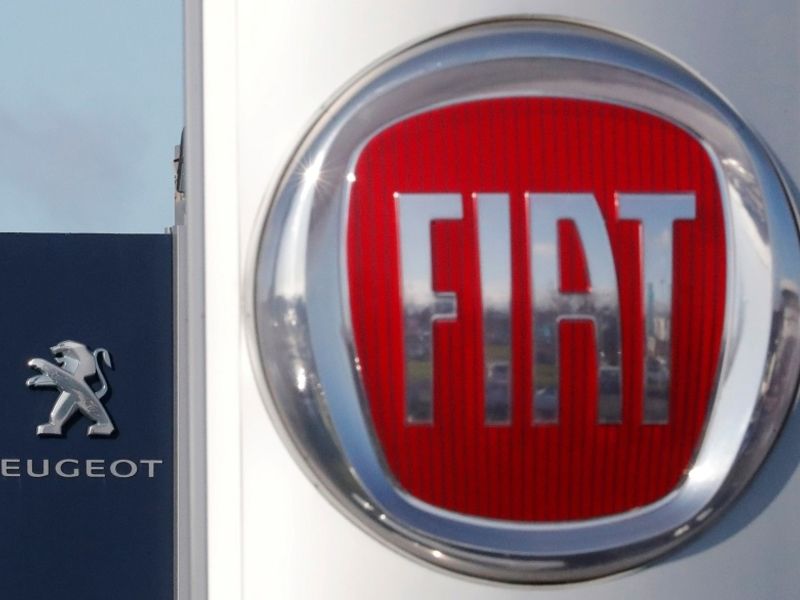
Fiat Chrysler Automobiles and PSA Group are set to win European Union approval for their $38 billion merger to create the world’s No. 4 automaker, people close to the matter said.
Following feedback from rivals and customers, the automakers only had to tweak the wording of their concessions to EU antitrust regulators, with no changes in the substance, the people said. The companies did not have to use the COVID-19 pandemic to argue for the merger, they added.
To allay concerns that a combined PSA and FCA would have a dominant market share in commercial van sales in Europe, PSA has offered to increase production capacity for Toyota at their Sevelnord van joint venture in France. The plant builds Peugeot Expert and Citroen Jumpy vans, as well as the Toyota ProAce.
PSA and FCA will also allow their dealers in certain cities to repair rival brands.
The European Commission’s approval would formalize the creation of Stellantis, a carmaking group that could tap hefty profits from selling Ram pickup trucks and Jeep SUVs to U.S. drivers to fund the expensive development of zero-emission vehicles for sale in Europe and China.
The all-share merger announced late last year would unite brands such as Fiat, Jeep, Dodge, Ram and Maserati with Peugeot, Citroen, DS and Opel while targeting annual cost cuts of 5 billion euros ($6 billion) without closing factories.
The Commission and PSA did not immediately respond to requests for comment. FCA declined to comment.
FCA and PSA have said they hope to complete the merger in the first quarter of 2021.
Last month, FCA and PSA restructured the terms of their deal to conserve cash and raised their targeted cost savings because of the economic fallout from the health crisis.
The companies have said about 40 percent of the savings will come from product-related expenses, 40 percent from purchasing and 20 percent from other areas, such as marketing, IT and logistics.